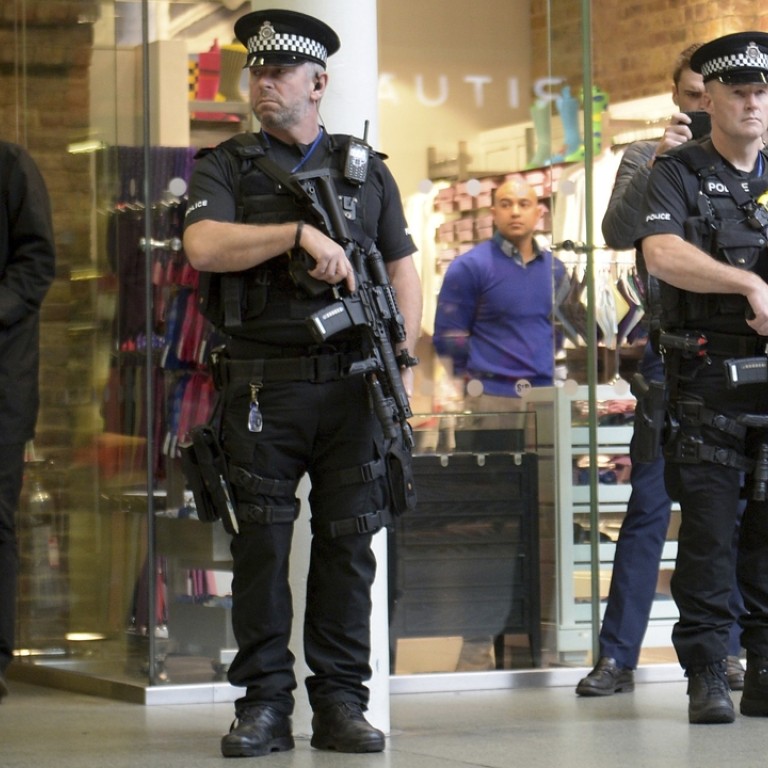
In the wake of Paris attacks, Europe is likely to rethink its open borders
Daniel Wagner says the terrorist attacks in Paris and elsewhere expose security loopholes in the region, add to people’s sense of vulnerability, and will herald tighter controls
If you want to know what Europe is going to look like in five years, Islamic State gave us some insight last week. Regrettably, the Paris attacks are probably not going to be considered unusual in the future, as the threat to soft targets throughout the continent can only rise. The reason is that a combination of open borders, the tide of Muslim immigration and the corresponding increase in the popularity of far-right political movements in Europe add up to a more integrated, less tolerant and more vulnerable security environment in the near to medium term.
When the security or economic status quo is threatened, voters typically gravitate to the right side of the political pendulum, and that is what is happening in Europe
The days of Europe’s open borders may well be numbered as more European nations examine the wisdom of maintaining such a policy in the era of Islamic State and mass migration. Germany’s decision to permit hundreds of thousands of Middle Eastern refugees to enter the country and potentially become citizens implies that those who do will eventually have free passage to the same countries which do not want them. The only way those countries will be able to stop a “back door” entry will be to end the Schengen open border policy.
When the security or economic status quo is threatened, voters typically gravitate to the right side of the political pendulum, and that is exactly what is happening in Europe. In France, Denmark, the Netherlands and Switzerland, the lurch to the right is gaining momentum. The far right has been gaining ground throughout Europe for much of the past 20 years, but its popularity naturally rises when times get tough.
READ MORE: Europe at a crossroads

READ MORE: Coverage of Europe’s refugee crisis
Europeans should prepare themselves for an even greater level of scrutiny from their governments, on all levels. They should expect more CCTV cameras to be installed, more police and military to regularly be on the street, and an even greater level of electronic monitoring. That is the only way the security services can hope to gain an upper hand on lone-wolf terrorists. Civil libertarians will, of course, be outraged, but the rest of the continent’s population will no doubt be willing to comply with new restrictions and inconveniences if it actually makes them feel safer. The question is, will that be enough?

Tighter restrictions are likely to be imposed on movement between borders, and it is possible that the days of open Schengen borders are numbered
For all these reasons, Europe is likely to look and feel different in five years than it does today. The far right is likely to gain greater political strength in legislative bodies throughout the continent. More resources are likely to be devoted to the military, police and security services. Tighter restrictions are likely to be imposed on movement between borders in the European Union, and it is possible that the days of open Schengen borders are numbered.
If a bomb can explode just outside a stadium in France with the French president sitting in it, there is a problem. The Paris attacks are a wake-up call, and the message to Europe is, in addition to the plethora of economic fissures that have emerged since 2008, major cracks have been exposed on the social, political and security side of the EU experiment. Islamic State is exploiting them masterfully.
Daniel Wagner is CEO of Country Risk Solutions

